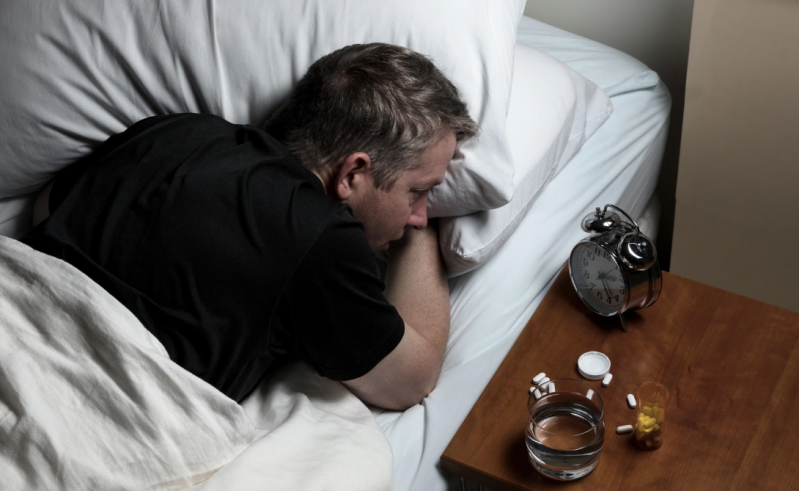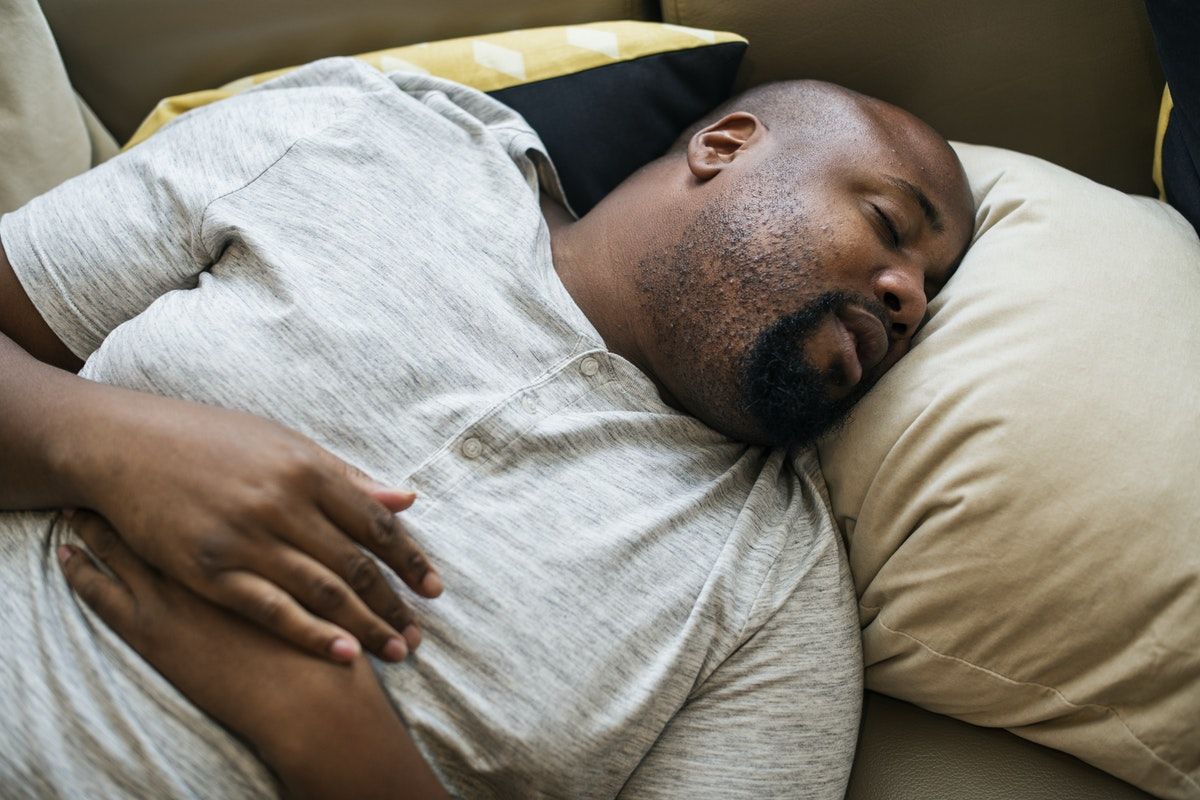Making Sense of the Cannabis-Sleep Connection
The continued interest in cannabis has gone beyond its use in oils, tinctures, gummies, capsules, and cookies. Its culinary, beauty and skincare product applications feature cannabidiol (CBD), a naturally occurring substance in cannabis.
One other industry that is exploring the benefits of cannabis is the sleep industry. Since cannabis has been steadily gaining popularity for its relaxing benefits, mattress manufacturers have already begun investing in the production of CBD-infused bedding products.
However, the cannabis-sleep connection is nothing new. To gain a better understanding of this relationship, we’ll explore the ancient roots of cannabis, its many uses and why it has the potential to improve sleep.
The Ancient Roots of Cannabis
Long before the regulation of marijuana or cannabis, it was used extensively as a medicinal plant. In fact, the ancient Greeks and Romans, Asians and Persians used cannabis thousands of years ago to treat various ailments.
Cannabis sativa, in particular, was a popular herb for treating various maladies, including constipation, malaria, nausea, hair loss, parasites, wounds, insomnia, headaches, inflammation and gout.
The Chinese were the first to use it as an anesthetic, while the ancient Egyptians used hemp to relieve hemorrhoids and cannabis in general for sore eyes.
The psychoactive properties of cannabis, particularly the effects of its tetrahydrocannabinol or THC component, were also exploited in certain rituals, or religious and healing ceremonies.
According to Herodotus, a famous ancient Greek historian, Iranian nomads or Scythians (famous for being expert horsemen), inhaled smoke from burning female cannabis flowers and seeds and experienced trance-like states. Hashish was also widely smoked in the Middle East using the traditional hookah or shisha.
From these accounts, we know that cannabis has been linked to both feelings of stimulation (THC) and relaxation (CBD). For the purpose of this article, we’ll now be focusing on the relaxation-inducing effects of cannabis.
Cannabis Strains
Two of the most common strains of marijuana are indica and sativa.
Indica has body-centric effects and is generally known for its relaxing, soothing and sleep-inducing properties. Sativa strains are known for their stimulant, energy-boosting effect.

Ruderalis, a third common subspecies, is popularly used in the hemp textile or fibre industry. Aside from these common strains, there are already several hybrid varieties in the market.
However, rather than focusing too much on the strain, it’s usually more helpful to focus on discussing the relationship between CBD, cannabinol (CBN), THC, and the terpene components of cannabis and sleep.
- CBD: It is a naturally occurring chemical compound in the cannabis plant derived from the cannabinoid family.
- CBN: Although CBN is a lesser-known type of cannabinoid, it is actually the first type of cannabinoid to be identified by scientists. CBN is a product of the oxidation of THC as cannabis ages.
- THC: As mentioned earlier, THC is the cannabinoid responsible for the “high” associated with cannabis use.
- Terpenes: The terpenes are the aromatic molecules found in cannabis.
How Cannabis Can Impact Sleep
The effects of cannabis on people with insomnia or who are struggling with poor sleep varies from person to person. And although more research is needed to clearly establish the relationship between cannabis and sleep, taking it can help with sleep in the following ways:
1. By relaxing the muscles
CBD has shown to provide protective benefits for people suffering from movement or motor disorders, including Huntington’s and Parkinson’s disease. It works by reducing the incidence of muscle tremors which can interrupt sleep.
Another study focused on the effects of CBD on reducing the intensity of REM sleep behaviour disorder (RBD) in people with Parkinson’s disease. CBD helped by significantly reducing active behaviour in patients during REM sleep.
It is also used as a muscle relaxant by chiropractors as it not only works by slowing down pain transmission but also by boosting the body’s endocannabinoid supply, thereby leading to the reduction of muscle spasms.
Taking CBD can help you relax and induce sleep, the same way a massage session could.
2. By alleviating pain and inflammation
An earlier study showed that CBD can help reduce chronic or acute pain, as well as inflammation in people suffering from autoimmune disorders, such as rheumatoid arthritis, multiple sclerosis, and colitis.
CBN has also been shown to relieve pain and inflammation due to certain medical conditions, such as arthritis, fibromyalgia and Crohn’s disease.
Both CBD and CBN are considered to be safe and natural alternatives to typical pain medication. These work as effective natural pain relievers for those who suffer from pain-related poor sleep.

3. By reducing anxiety and improving sleep
CBD is known to help reduce anxiety levels. It works by helping regulate the production of cortisol, a stress hormone that affects the non-REM segments of sleep. Patients experiencing chronic anxiety can experience improved sleep with CBD working to keep stress under control.
CBN has also been found to have an intense sedative effect, especially when used in combination with THC. CBN and CBD may be taken on their own or in combination to help with insomnia. These substances work to induce sleep by causing a general feeling of tranquillity and relaxation.
Meanwhile, research on THC has revealed its sedative effects. It may also reduce sleep latency or the amount of time it takes before a person falls asleep once the lights are turned off.
As for terpenes, about 200 of them can be found in a single cannabis plant. Some of these terpenes have relaxation-inducing, anxiety-reducing, sedative effects. These include linalool, limonene, myrcene, caryophyllene and terpineol.
A Word of Caution
Since most cannabis products and derivatives out on the market are not Federally approved, people are cautioned against using unregulated and insufficiently tested items. As always, you need to consult your doctor if you plan on taking cannabis for sleep, especially if you are on medication.
- Red Vein Kratom Powder Vs CBD: Which Is A Better Choice? - December 18, 2023
- How CBD E-Liquids Are Making an Impact For Anxiety - November 27, 2023
- The 3 Mistakes To Avoid When Using Medical Marijuana - August 14, 2023


